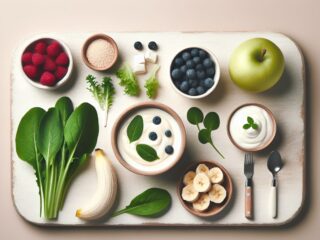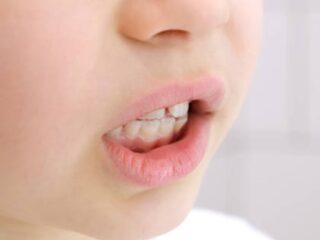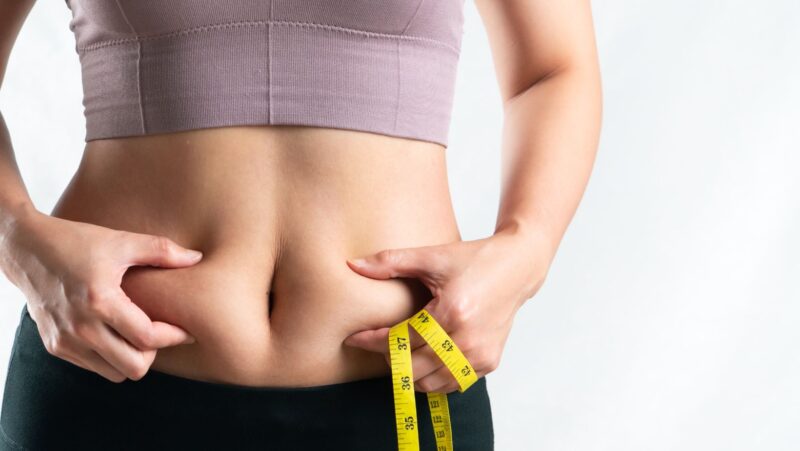
On the path of conquering alcohol addiction, one thing is usually overlooked, yet very vital in nature: nutrition. Many people view alcohol detox as a time of emotional battles and a test of wills, and that is quite right, but it can get a lot easier with the right foods to help one get through such a period. It gives your body proper nutrients to help with the healing process and balance out your mood; it’s going to make the process a whole lot smoother and easier.
If one has chosen to take up the addiction treatment for alcohol, how one’s diet impacts overall health might be the game-changing point. Why nutrition is important while going through alcohol detox, how it will help, and what exactly a person should be focusing on in his diet to recover. For many, a structured program like Oasis Detox can provide the necessary nutritional guidance and support alongside comprehensive addiction treatment.
How Alcohol Affects Nutrition and Health
But to understand nutrition’s role in alcohol detoxification, one must understand how alcohol addiction works within your body with your nutrition. Chronic consumption of alcohol creates chaos with one’s health, much more than imagined. Chronic drinking depletes many vital vitamins and minerals in your body, harms your digestive system, and impairs the liver from managing nutritional intake properly.
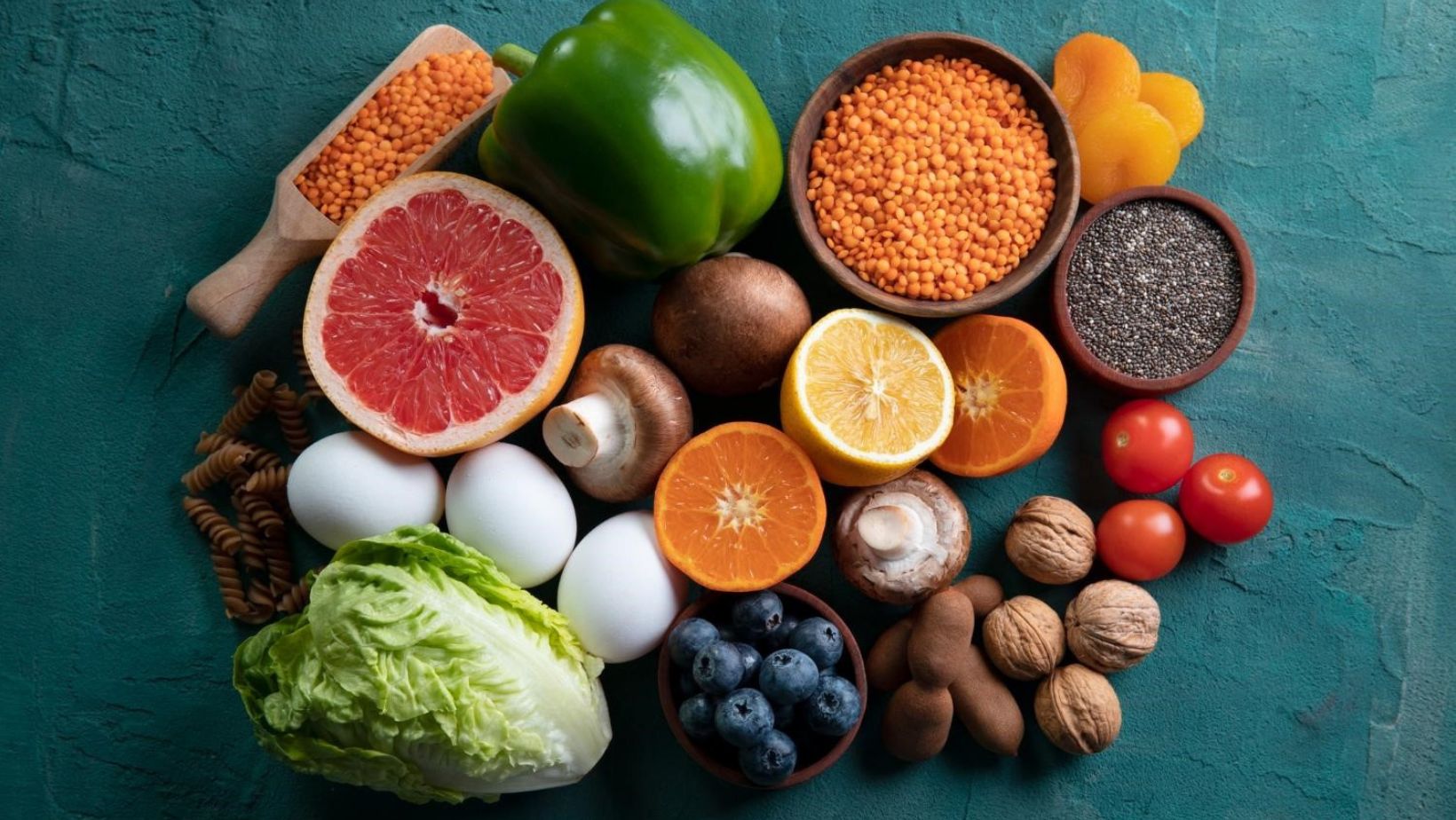
The Importance of a Balanced Diet During Detox
The detoxification process of your body during alcohol addiction treatment can be very exhausting, both physically and mentally. Here is where nutrition comes into play. A balanced diet for recovery will help you regain your stamina and make your immune system strong enough to cope with deficiencies of nutritional factors that are important in the process of alcohol detox.
Good nutrition stabilizes your blood sugar, which will prevent mood swings, anxiety, and cravings-those common issues that might arise during detox. Let’s face it: cravings can easily take over and derail recovery efforts, but one can prevent that by focusing on proper nutrition.
Key Nutrients for Alcohol Detox
So, what nutrients does your body need to aid alcohol recovery? Let’s break it down:
B Vitamins: Restoring Energy and Mood
Particularly B1 (thiamine), B6, and B12, B vitamins are among the most important ones for alcohol addiction treatment. Many times, chronic alcohol use causes a shortage in these vitamins, which can cause sadness, tiredness, and poor cognitive ability. Including foods high in B vitamins – like whole grains, eggs, and leafy greens – can greatly increase your energy levels and help your mood during alcohol detox.
Magnesium: Supporting Nervous System Function
Another essential element that often runs low in persons suffering from alcohol addiction is magnesium. This mineral is crucial for maintaining a healthy neural system, controlling muscle activity, and lowering stress. Magnesium is abundant in foods such as nuts, seeds, legumes, and leafy green vegetables. Magnesium levels should be replenished to help lower irritation and encourage better sleep – qualities vital for detox programs.
Protein: Rebuilding and Repairing the Body
Healing tissues harmed by alcohol addiction depends on proteins. Lean meats, fish, lentils, and dairy products can assist in supplying the building blocks your body need for healing. Moreover, protein helps generate neurotransmitters, the molecules in your brain influencing behavior and emotion. Enough protein in your diet will help your mental health and provide the strength required to handle the demands of alcohol rehab.
Antioxidants: Healing from the Inside Out
Regular alcohol intake results in oxidative stress that fuels inflammation and bodily damage. Vitamins C and E, among others, help to balance out this harm. These vitamins abound in foods, including berries, citrus fruits, nuts, and seeds. Including antioxidants in your diet will aid fast recovery and help your system recover from the general damage alcohol has done.
The Role of Hydration in Alcohol Detox
It’s important not to undervalue water even while we talk about nutrition. Being a diuretic, alcohol causes the body to lose water, which throws off the electrolytes. Maintaining appropriate hydration throughout alcohol addiction treatment helps your body more successfully eliminate toxins and reduces symptoms such as headaches and tiredness.
You might stay hydrated with water, herbal teas, and electrolyte solutions. While you should drink lots of water, steer clear of caffeinated or sugary drinks since these aggravate mood swings and cravings.
Meal Planning for Recovery
Creating a meal plan is a practical way to ensure you’re getting the nutrients you need during alcohol detox. A good recovery diet should focus on whole foods – fruits, vegetables, lean proteins, and whole grains. Processed foods, sugar, and caffeine can make withdrawal symptoms worse, so it’s best to avoid them.
Here’s a sample daily meal plan for someone going through drink rehabilitation:
- Breakfast: A bowl of oatmeal topped with berries and a side of scrambled eggs. This provides B vitamins, protein, and antioxidants to start your day right.
- Lunch: Grilled chicken salad with leafy greens, bell peppers, nuts, and a light vinaigrette. This meal is packed with magnesium, protein, and healthy fats.
- Snack: Greek yogurt with a handful of almonds. This helps keep your blood sugar stable and provides a good mix of protein and magnesium.
- Dinner: Baked salmon with quinoa and steamed broccoli. Salmon is rich in omega-3 fatty acids, which are beneficial for brain health, while quinoa and broccoli provide protein, fibre, and essential vitamins.
- Hydration: Throughout the day, aim for 8-10 glasses of water, and include herbal teas like chamomile to promote relaxation.
Mental Health and Nutrition
Particularly for alcohol addiction, the mind-body connection is rather strong. An appropriate diet not only improves your physical condition but also significantly influences your mental health. Some foods increase the hormones that control mood, serotonin, and production. Whole grains and other complex carbohydrates can boost serotonin levels, so calming and focusing you.
Found in seafood such as salmon and sardines, omega-3 fatty acids have also been well-known for their psychological advantages. Common during alcohol detox, both anxiety and depression can be lessened by these healthy fats, which also help lower inflammation in the brain.
Avoiding Triggers Through Nutrition
Among the main difficulties in alcohol addiction treatment are cravings. Regular, healthy meals help you control your blood sugar levels, thereby stifling cravings. Skipping meals or indulging in sugary snacks can cause spikes and dips in your blood sugar, therefore aggravating your need for alcohol.
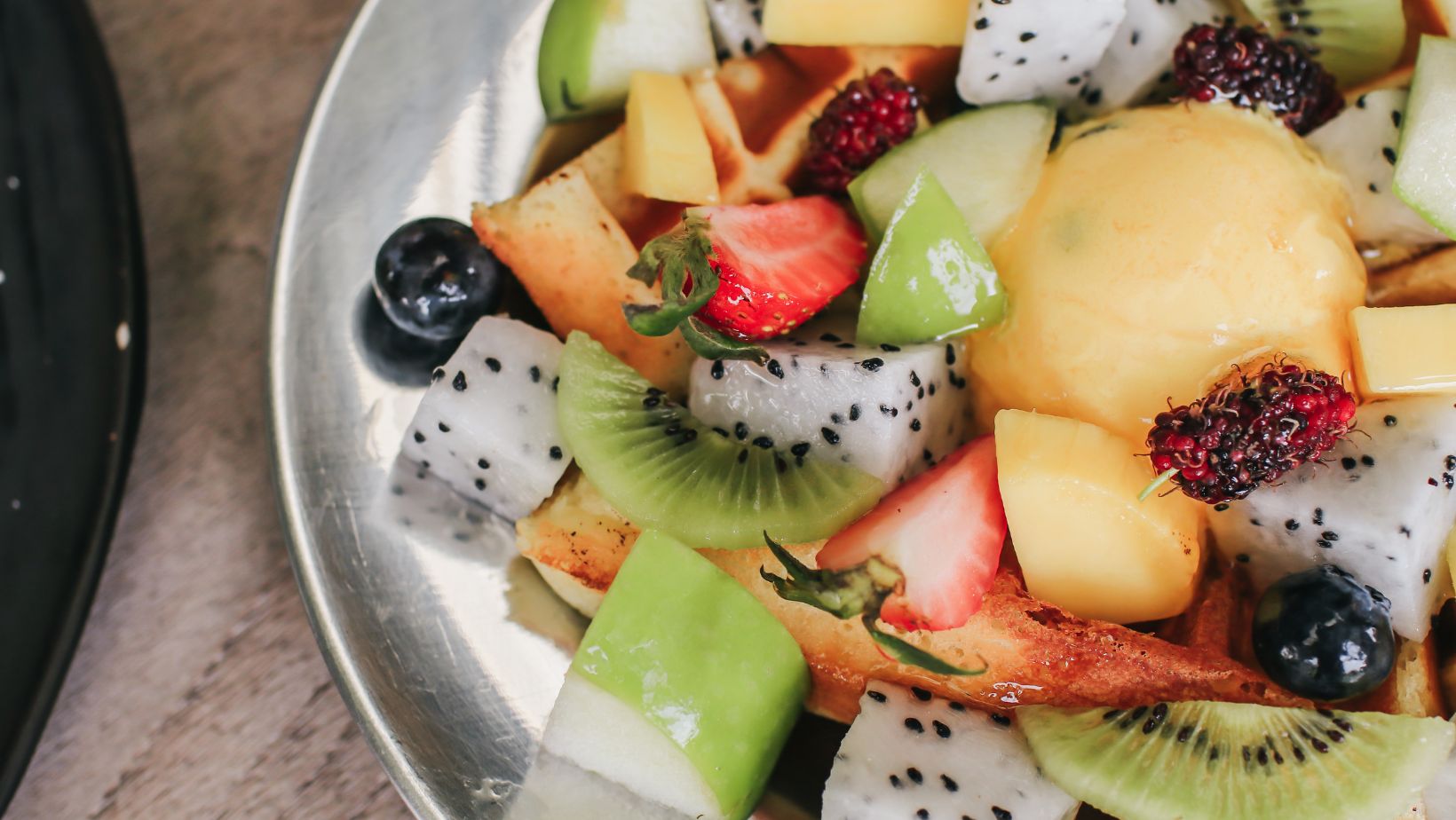
The Long-Term Benefits of Good Nutrition
The rewards of addressing nutrition, which may be ongoing beyond the initial process of alcohol detox, will be long-term. A balanced diet in recovery may enable you to build your strength, maintain an appropriate weight, and keep the immune system healthy. You will most likely find your energy levels grow with body healing, mood stabilization, and an improved overall outlook on life.
Good nutrition will support the rebuilding of the liver, a body organ that takes a great beating due to chronic use of alcohol. Leafy greens, beets, and avocados are some foods that nourish the health of your liver and provide fuel for your body as it rebuilds and works to function optimally.
Final Reflections on Nutrition and Recovery
Nutrition is perhaps an important yet commonly overlooked consideration when entering a recovery process. From the initial alcohol detox well into your journey of alcohol addiction treatment, what you eat can make all the difference in the effect your body and mind endure. Focusing on a balanced diet for recovery full of the right vitamins, minerals, and nutrients will set you up for not only more but also a successful and sustainable journey toward sobriety.
Every healthy decision you make, from the food you eat to hydration, brings you closer to lifelong recovery. If drink rehabilitation is on your mind or for someone you care about, don’t look past nutrition as part of your holistic approach to alcohol rehab.



